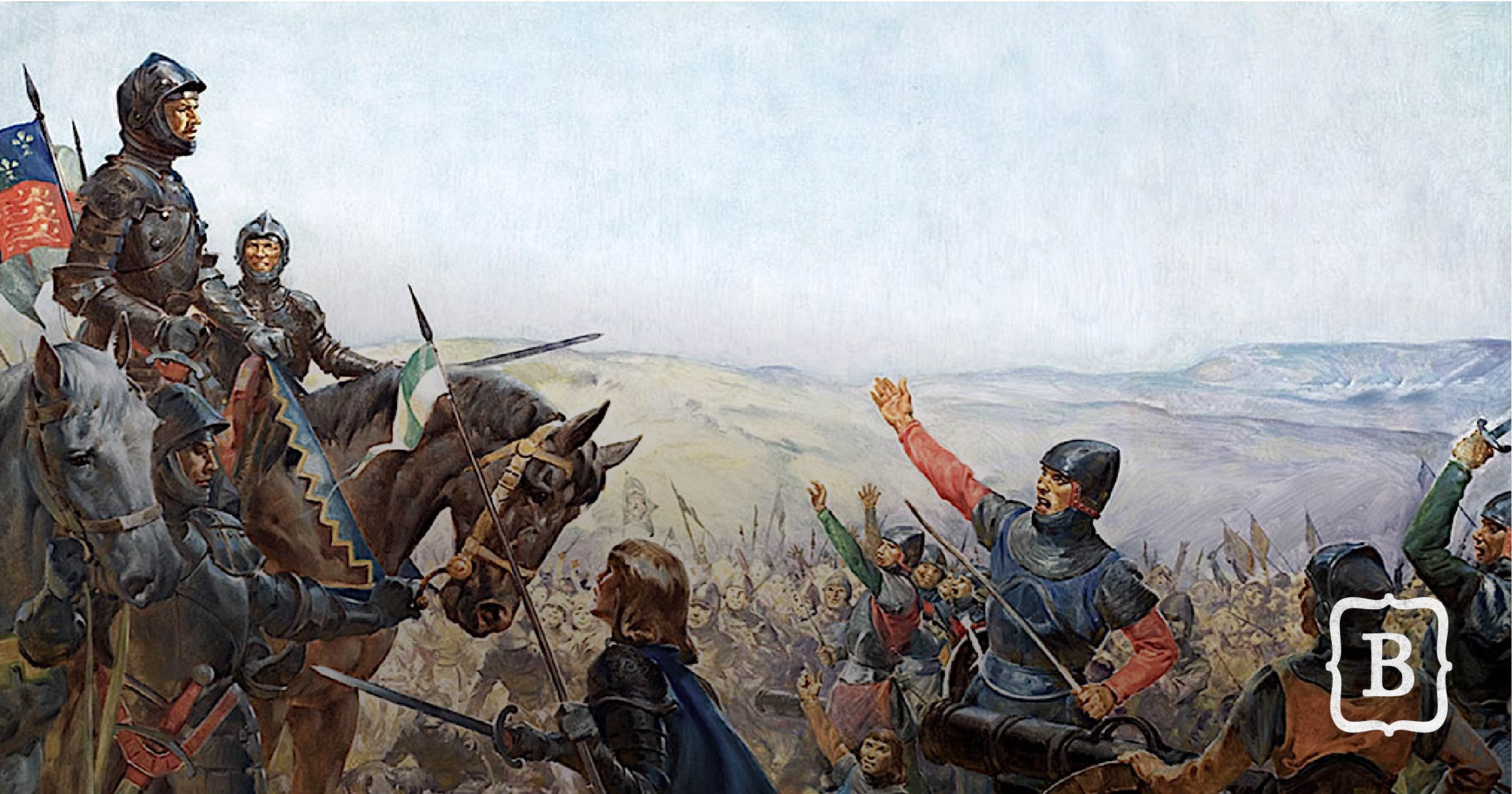Our Battle Song
If you’ve been around Chapel Field for any length of time, chances are you’ve heard snatches of something called the “Non Nobis.” You’ve probably heard it sung, too, because one of the distinctive things about a Chapel Field education is that Chapel Field students sing.
I don’t simply mean that we have a couple of concerts a year, or a chapel every week (although we do). I’m also not referring to classes incorporating psalms and hymns, or the way that, over the course of the year, we work our way through the great hymns of Christendom at our chapels (although we do all of those things, too).
What I mean is that our schooldays are saturated in song. We officially begin each day by coming together as a school and praising God through the timeless words and notes of the Doxology – as our Christian brothers and sisters across the world have done for centuries. When our day’s work is done, we gather in the hallway and sing the “Non Nobis” – a 16th century Latin translation of Psalm 115:1 – in chorus, with male and female parts in harmony.
Not only is the Non Nobis a beautiful way to close the school, it’s profoundly fitting final note to the work we’ve done together each day:
“Non nobis domine, domine, non nobis domini, sed nomini, sed nomini, tuo da gloriam!”
(“Not to us, O Lord, not to us, but to your name be glory!”)
These words remind us that, no matter how faithful our efforts, they are ultimately the work of “unprofitable servants” (Luke 17:10). That is, they are a grateful response to the all-sufficient and eternal work already accomplished on our behalf by Christ. The Non Nobis reminds us that – to quote another Psalm – unless the Lord builds the house, the builders labor in vain (Psalm 127).It’s no surprise, then, that prominent Christians have used this song often throughout the centuries in order to keep their achievements in proper perspective.
Perhaps the most famous instance is English King Henry V’s use of it on St. Crispin’s Day, October 25th, A.D. 1415. While retreating across northern France with his battered, exhausted and beleaguered army, he and his men were cornered by a vastly superior French force. Despite being outnumbered by at least 5 to 1, the English stunned the world by decisively defeating the French that fateful day. In fact, the English lost only a few hundred men compared to the French loss of nearly 8000.
Despite this stunning achievement, King Henry piously refused to take any credit for the victory. Instead, he insisted that all credit be given to God. At the conclusion of the battle, legend has it that he ordered the Non Nobis sung throughout his army. You can hear a rousing rendition of this song (as refashioned for the glorious 1989 screen adaptation of Shakespeare’s play Henry V) here.
The battles we fight at Chapel Field are of a different kind, but they are no less important in the eternal scheme of things. It is the same great God we serve, and the work we do is directed to the same glorious end. Ending each day with the Non Nobis presses more deeply into our minds and hearts the transcendent glory of the triune God we serve, and the need to always live our lives “in His presence, under His authority, and for His glory.”
Dr. Nathan Gill serves as Academic Dean and Chairman of the History Department at Chapel Field.
BONUS! Watch as Chapel Field’s Vocal Ensemble Performs ‘Non Nobis Domine’ at the 2021 Spring Concert…





